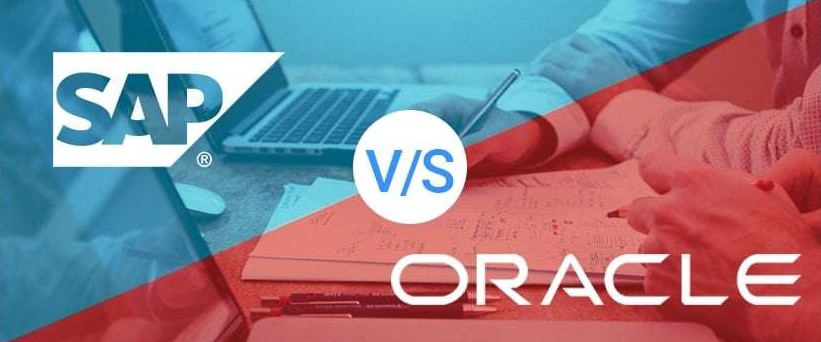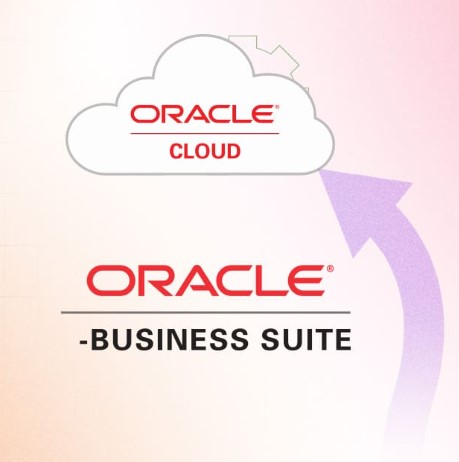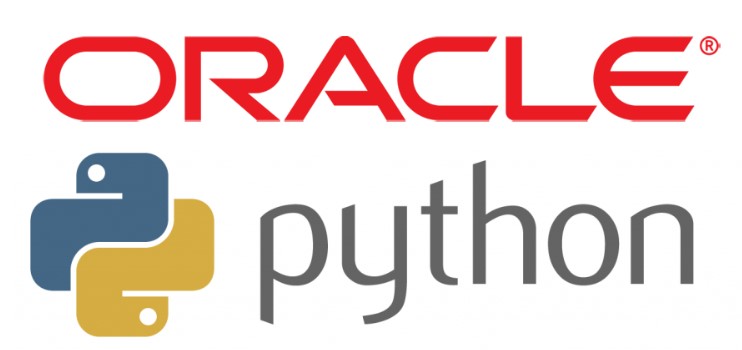Reading Time: 6 minutes
As businesses continue to evolve in an increasingly digital world, the need for advanced Enterprise Resource Planning (ERP) systems has never been greater. Two giants in the ERP space, Oracle and SAP, are at the forefront of this revolution, integrating cutting-edge technologies such as AI, Machine Learning, and Blockchain into their platforms. But when it comes to offering the most innovative ERP solutions in 2025, who stands out as the leader? Let’s explore the differences between Oracle and SAP’s offerings, how each company leverages the latest technologies, and which is best positioned to dominate the ERP market in the years ahead.
1. Overview of Oracle and SAP ERP Solutions
Both Oracle and SAP are household names in the ERP space, offering comprehensive solutions designed to help businesses optimize operations, improve efficiencies, and enhance decision-making.
- Oracle ERP Cloud: Oracle’s Cloud ERP solution is known for its scalability, flexibility, and integration of emerging technologies like AI and Machine Learning. Oracle’s ERP is particularly beneficial for organizations that require a high level of customization, real-time analytics, and seamless cloud-based solutions.
- SAP S/4HANA: SAP’s flagship ERP offering, SAP S/4HANA, is a cloud-native system that utilizes in-memory computing to process vast amounts of data in real-time. With a strong focus on industries like manufacturing, retail, and logistics, SAP continues to evolve by integrating AI and real-time analytics to support smarter business decisions.
2. AI and Machine Learning Integration in ERP
The integration of AI and Machine Learning in ERP systems has revolutionized the way businesses automate processes, forecast trends, and optimize workflows.
- Oracle’s AI and Machine Learning Capabilities: Oracle has integrated AI and Machine Learning into its ERP solutions to provide intelligent automation, predictive analytics, and enhanced decision-making. Oracle’s AI-driven features include predictive financial forecasting, intelligent supply chain optimization, and fraud detection.
- SAP’s AI and Machine Learning Features: SAP has embedded AI into its SAP S/4HANA solution through SAP Leonardo. This suite of AI-driven tools allows businesses to leverage advanced automation, real-time data analysis, and smart decision-making in various areas, such as manufacturing, procurement, and customer service.
3. Cloud Capabilities and Scalability
Cloud-based ERP systems are transforming businesses by offering scalability, flexibility, and reduced IT infrastructure costs. Both Oracle and SAP have embraced cloud computing as a core part of their ERP offerings.
- Oracle Cloud ERP: Oracle’s Cloud ERP is designed to scale effortlessly with the needs of growing businesses. By using real-time data and providing instant access to advanced analytics, Oracle empowers businesses to stay agile and make informed decisions quickly.
- SAP Cloud Platform: SAP’s SAP S/4HANA Cloud brings the power of real-time processing and advanced analytics into the cloud, enabling businesses to access powerful tools without the need for on-premise hardware. SAP’s cloud solution provides deep industry-specific functionalities, particularly in sectors like automotive, energy, and logistics.
4. Blockchain Integration: Enhancing Trust and Security
Both Oracle and SAP are embracing blockchain technology to offer greater transparency, security, and traceability in business transactions, especially in supply chain management.
- Oracle Blockchain: Oracle’s Blockchain Cloud Service enhances supply chain transparency by providing secure, tamper-proof records of transactions. Businesses can leverage this technology to ensure traceability and authenticate transactions across various processes, ensuring data integrity and security.
- SAP Blockchain: SAP also offers blockchain solutions that enable businesses to create secure, transparent records for every step of the supply chain. SAP’s blockchain integration is widely used in industries like manufacturing, food safety, and pharmaceutical tracking.
5. Real-Time Data and Analytics: Smarter Decision-Making
The ability to analyze data in real-time is a crucial feature of modern ERP systems, and both Oracle and SAP excel in this area.
- Oracle’s Real-Time Analytics: With its Oracle Analytics Cloud, Oracle integrates real-time data analysis directly into its ERP suite. Businesses can access actionable insights, track performance indicators, and make data-driven decisions on the fly, improving overall business agility.
- SAP’s Real-Time Data Processing: Powered by the SAP HANA database, SAP’s ERP solution provides instantaneous data processing and advanced analytics. With real-time insights, businesses can make timely, intelligent decisions that drive operational efficiency.
6. Industry-Specific ERP Solutions
Both Oracle and SAP tailor their ERP solutions to address the unique needs of various industries, ensuring deep functionality and specialized tools.
- Oracle’s Industry Focus: Oracle provides industry-specific solutions for sectors such as finance, healthcare, and retail, allowing businesses in these industries to benefit from tailored ERP functionality. Oracle’s AI and cloud solutions make it a strong contender for organizations seeking advanced analytics and automation.
- SAP’s Industry Expertise: SAP has long been known for its deep expertise in industries like manufacturing, energy, and automotive. With its industry-specific solutions, SAP continues to innovate and provide comprehensive ERP functionalities that meet the complex needs of these sectors.
Final Thoughts
In the battle of Oracle vs SAP, both companies have strong offerings and continue to innovate with AI, Machine Learning, Blockchain, and Cloud Computing. Oracle stands out for its AI-driven features and flexible, scalable Cloud ERP solutions, while SAP is known for its industry-specific focus and real-time processing power through SAP HANA.
Ultimately, the choice between Oracle and SAP depends on the unique needs of your business. If you’re looking for a flexible, AI-powered ERP system with a strong cloud foundation, Oracle may be the right choice. However, if you’re in an industry like manufacturing or logistics and need deep, industry-specific functionalities, SAP could provide the tailored solutions your business needs.
Explore Top AI-Powered ERP Tools to transform your business operations with the latest technologies today!



